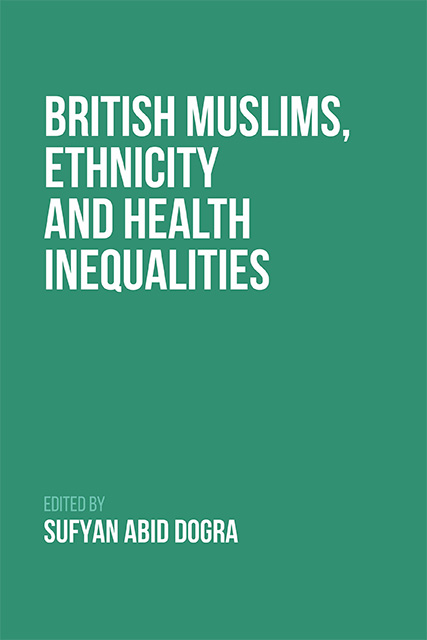8 - Domestic Violence and Abuse: Impact on Health of British Muslim Women and Factors Affecting Access to Health
Published online by Cambridge University Press: 18 October 2023
Summary
Introduction
Domestic violence and abuse (DVA) is a major public health and social problem that affects people in every community, culture and country. It is associated with severe physical and psychological consequence and victims/survivors need help and support from appropriate professionals and services. When it comes to faithbased communities such as Muslims (including migrant Muslims), the situation becomes further complicated as, in addition to experiencing the usual barriers such as those related to gender, ethnicity and marginalisation, victims may experience further issues affecting their ability to disclose DVA and seek appropriate support. Islamophobia and overt or covert racism further impact their experiences as they are stigmatised, blamed for their situation and ‘otherised’ by institutions and systems (Chantler et al. 2019; Younis and Jadhav 2019).
Muslims make up the second largest religious group in the UK. Although the Muslim population in the UK is ethnically diverse, 68 per cent are of South Asian origin, 8 per cent are from a White background and the remainder are from other backgrounds (MCB 2015). A large majority of British Muslims live in deprived areas and face poverty. Access to health and social care services for the deprived population is an important concern and therefore understanding what affects provision, accessibility and acceptability of healthcare services to this group is imperative. While we know that healthcare professionals (HCPs) can play an important role in the identification and management of DVA, they are often ill prepared (Po-Yan Leung et al. 2018; Renner et al. 2019). If the victim is Muslim, the situation becomes even more difficult as HCPs are often affected by misconceptions, prejudices and bias (Milani et al. 2018). The service providers and professionals often assume culture or religion are underlying the problems patients present with (ibid.; Saleem and Martin 2018) and therefore may be reluctant to address the issue.
This chapter aims to explore the issue of DVA with regard to British Muslims. To provide appropriate context, an overview of DVA, its various forms, prevalence and health impact is presented. The chapter then explores factors affecting the provision of services to Muslim victims of DVA and strategies to overcome barriers.
- Type
- Chapter
- Information
- British Muslims, Ethnicity and Health Inequalities , pp. 161 - 184Publisher: Edinburgh University PressPrint publication year: 2023

